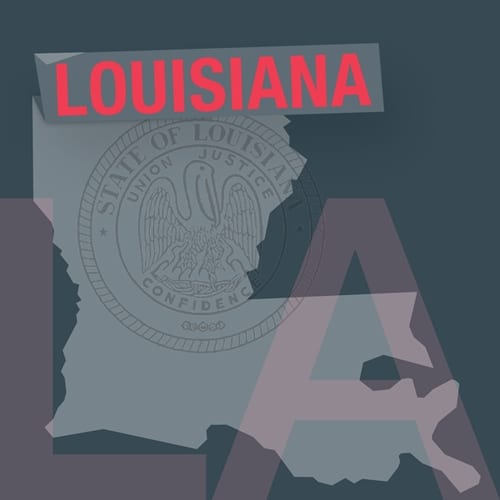On Tuesday, February 26, a 42-foot offshore oil service vessel collided with a Swift Energy-owned wellhead about nine miles from Port Sulphur, Louisiana, causing oily water to leak into the marshland.
Occurring just three years after the tragic Deepwater Horizon explosion and oil spill, which released about 60,000 gallons of oil per day into Louisiana waters for three months, it's understandable that this most recent incident caused concern. Although the U.S. Coast Guard said they haven't yet determined the severity of the February 26 spill, Swift Energy president Bruce Vincent told ABC News that only 18 barrels of oil were flowing each day when the wellhead, which has been inactive since 2007, was last assessed.
According to the source, local officials said that these incidents are common in Louisiana's coastal marshlands, noting that there have been about 20 minor spills in the area since the Deepwater Horizon disaster.
Officials at Swift Energy are currently working on a plan to control the spill and have it capped in the next few days.
"We have containment booms around the wellhead – those are in place. We also have skimmers skimming up the oil that's contained within that boom area. We also have been deploying additional booms to protect the marsh area," Vincent said.
This most recent incident serves as a reminder that accidents can happen at any time out on the water. With risks such as poor weather conditions, vessel traffic and human error in mind, many boat owners and organizations turn to experienced marine insurance providers that can help them find the best rates in the industry and ensure that they are covered in the case of an accident.

